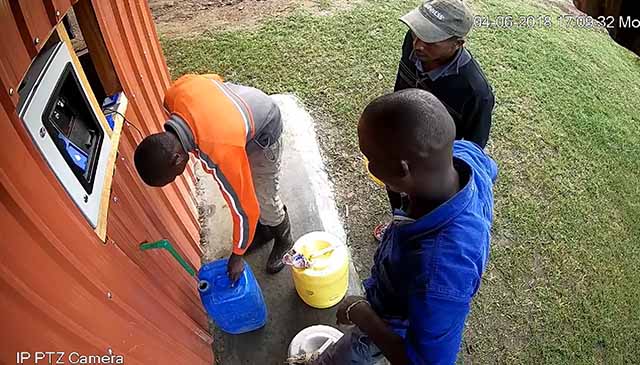2018-9-25 22:05 |
Malaysia’s Three Largest Industries To Strategically Adopt Blockchain Technology
The Malaysian Industry-Government Group for High Technology (MIGHT) has been set up by the Malaysian Government to lead moves to explore blockchain solutions in the nation’s three largest industries: palm oil, renewable energy, and Islamic finance.
According to a report released recently, the move is aimed at using blockchain technology to increase transparency, sustainability, and logistical efficiency, in these industries.
Enshrining Ethical Practices In Palm Oil ProductionStarting with the palm oil industry, it is not hard to see why as the industry accounts for 43% of agricultural revenue (which in turn accounts for 8% of Malaysia’s GDP).
Palm oil production has been receiving bad press as producers have been accused of promoting child labor around world. But the Malaysian Government says it is determined to change the narrative by using blockchain to enshrine ethical practices in the industry.
The government said blockchain adoption can help identify certified palm oil operations with ethical practices and allow buyers to identify the source of their palm oil before making a purchase.
MIGHT Considers Blockchain To Increase Renewable Energy AdoptionPart of the terms of reference for MIGHT is to holds talks with energy companies in Malaysia to evaluate the ways they could be using blockchain to increase renewable energy adoption.
For instance, when sellers put energy on the blockchain, the transparent nature of the system means that they must declare exactly how the electricity was generated for buyers to scrutinize. That also means that buyers can now choose to buy green or renewable energy only, whether from energy companies or even private owners of solar panels with excess energy, a process which is often far more efficient than sending energy over longer distances from non-local power stations.
Blockchain To Help Cut Down The Cost Of Islamic Finance OperationsThe stringent ethical regulations in Islamic banking create higher overhead costs in the sector, and Malaysia is looking into how blockchain could help offset these expenses while keeping compliant with Sharia law.
The move does not come as a surprise as banks in the Middle East have begun pegging debts to units of gold and representing the debt as a smart contract on the blockchain.
Crypto firms in Dubai and Malaysia have also pegged sums of gold to cryptocurrency units to allow debt creation compliant with Sharia law.
Similar to Notcoin - Blum - Airdrops In 2024
High Performance Blockchain (HPB) на Currencies.ru
|
|


























